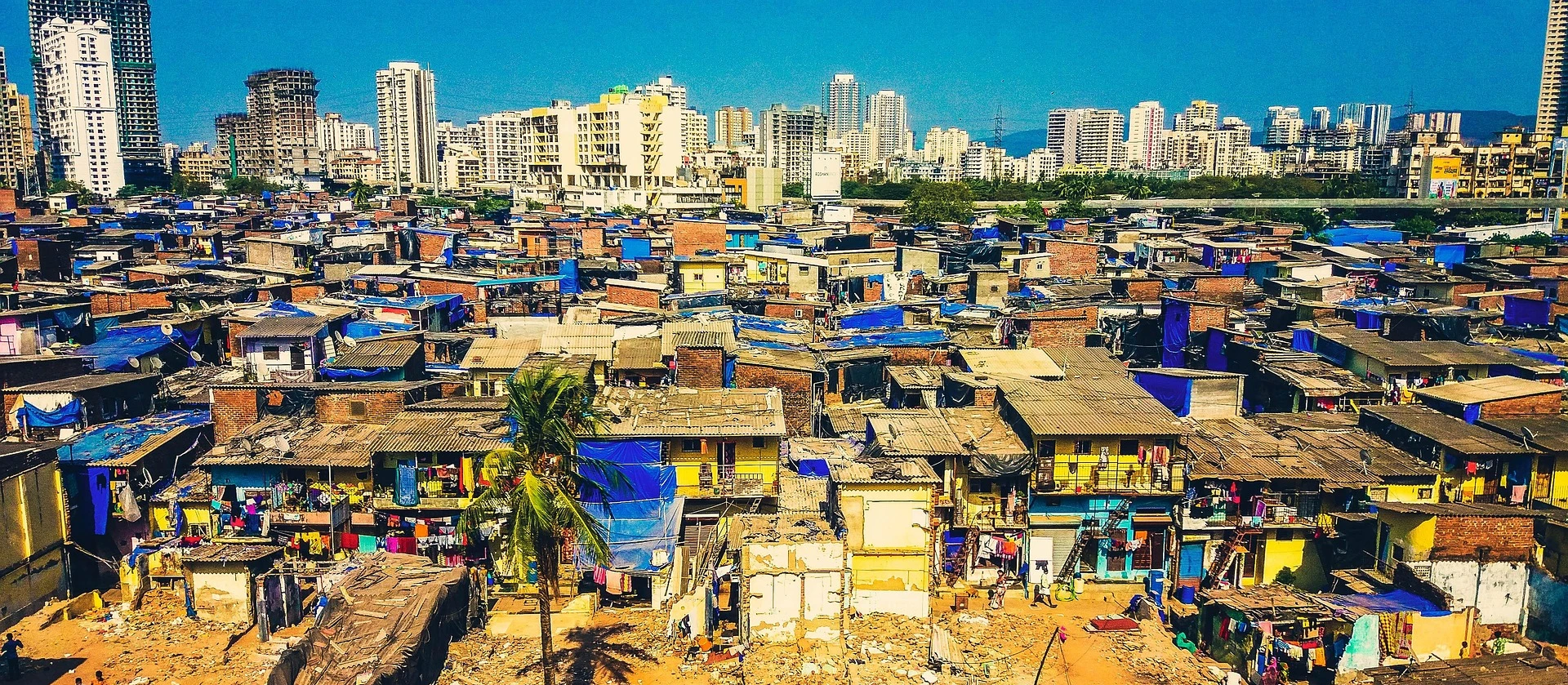Psychology of inequality

Research theme
This research theme focuses on the psychological antecedents and consequences of inequality, fleshing out the ways in which societal change both reflects and shapes the individual citizen and their relationships with others.
Inequalities in living conditions and outcomes within nations and across the globe have a strong psychological dimension. Poverty shapes our cognition, emotion, and sociality in ways that matter for decision-making and wellbeing, while experiences of injustice and marginalisation have a corrosive impact on social cohesion, trust, and mental health. At the same time, our behavioural sensitivity to identity, ideology, and status sheds light on how we come to tolerate inequality in the first place, and the political possibilities to improve it.
Researchers in this theme are leading voices in the field of social psychology, who also draw on theory and methods from community and cultural psychology, economics, sociology, and political science. Our research examines the dynamics of inequality as they play out in Global North and Global South settings, and combines an experimental focus on how context shapes decision-making, with a bottom-up, qualitative examination of experiences of exclusion in people’s own voices.
Research on the development of political attitudes uses longitudinal and cross-national surveys, combined with behavioural genetics analyses and pairing with national registry data, to examine how basic orientations toward the resolution of collective resource dilemmas are shaped by forces at the familial, social, and societal level, and influence political outcomes.
Cutting across this methodological diversity is a commitment to a ‘societal’ approach to psychology, wherein the social mind plays a key role at the root, and the resolution, of the most pressing issues of our time.
Expertise and resources
Below you can find experts, research and media focussed on the psychology of inequality.






